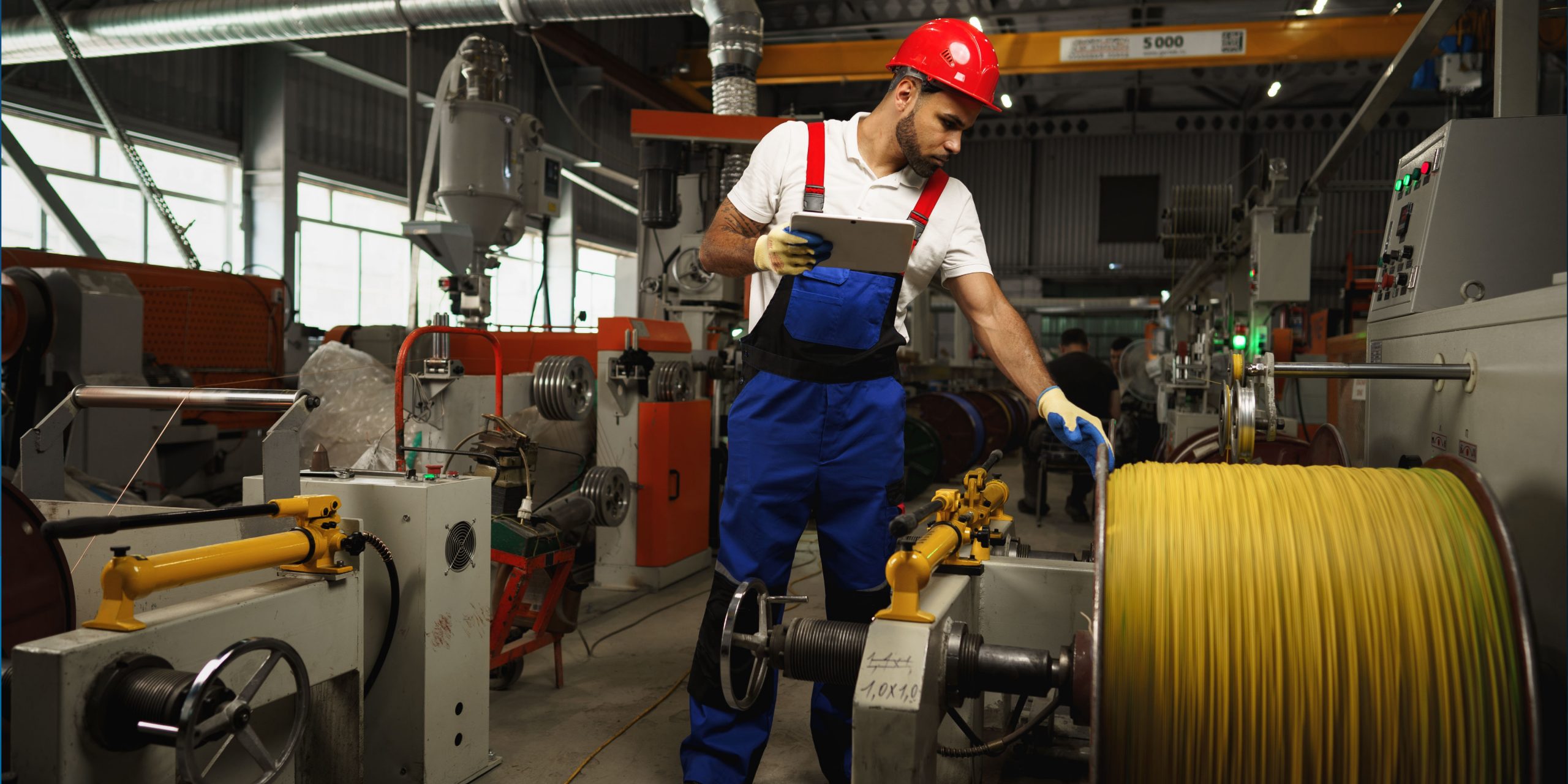
The global push toward renewable energy has created a critical need for skilled electricians who specialize in sustainable power systems. From solar panels to wind turbines, electricians play a central role in installing, maintaining, and upgrading renewable energy infrastructure. Their expertise ensures safety, efficiency, and reliability in these innovative energy systems.
Bridging the Gap Between Innovation and Implementation
Renewable energy technologies are increasing, but their successful deployment requires trained professionals to install and maintain them. Electricians act as the link between advanced technology and practical application. They bring theoretical designs to life, ensuring systems are correctly connected to existing electrical grids and adhere to safety regulations.
Installing Solar Photovoltaic (PV) Systems
Electricians are instrumental in mounting and wiring solar panels, inverters, and batteries. Their work ensures the smooth conversion of sunlight into usable electricity, providing homes and businesses with a steady supply of clean energy.
Integrating Wind Turbines
Wind energy systems require careful installation of turbines, transformers, and substations. Electricians ensure that these components work seamlessly together, allowing wind-generated power to flow into local grids.
Ensuring Compliance with Electrical Codes and Standards
One of the most significant contributions electricians make is ensuring renewable energy systems meet national and local electrical codes. Compliance is essential for the safety and efficiency of these installations. Electricians also stay updated on evolving regulations, such as those regarding net metering, which impacts how energy consumers interact with the grid.
Safety Measures
Renewable energy systems involve high voltages and complex wiring. Electricians safeguard installations against electrical hazards, protecting property and lives.
Permitting and Inspection
Many renewable energy projects require permits and inspections before going live. Electricians navigate these processes, ensuring projects pass all necessary evaluations.
Supporting Energy Storage Solutions
With the rise of renewable energy, storage solutions like lithium-ion batteries and energy management systems have become vital. Electricians install and maintain these technologies, which allow excess energy to be stored for later use. By enabling reliable energy storage, electricians contribute to the stability of renewable energy systems during periods of low generation, such as cloudy days or calm winds.
Home Battery Systems
Electricians are crucial in integrating battery systems with residential solar setups. These systems help homeowners store solar energy and reduce reliance on the grid.
Commercial and Industrial Applications
For large-scale renewable energy installations, electricians design and implement advanced storage solutions, ensuring uninterrupted power supply for industrial operations.
Advancing Microgrid and Smart Grid Technologies
As the energy sector evolves, microgrids and smart grids are gaining popularity for their ability to decentralize and optimize power distribution. Electricians are at the forefront of these advancements, designing and maintaining systems that enhance energy independence and efficiency.
Microgrid Integration
Electricians help communities and businesses set up microgrids, which can operate independently of traditional power grids. These systems are particularly useful in remote areas and during power outages.
Smart Grid Enhancements
Electricians also enable intelligent grid technology, which uses real-time data to improve energy distribution. Their work ensures energy sources are effectively integrated into these advanced systems.
Training and Specialized Skills for Renewable Energy Electricians
The shift toward energy demands that electricians acquire new skills and certifications. Specialized training programs equip electricians with the knowledge needed to work on solar, wind, and other renewable energy systems.
Certifications
Electricians often pursue certifications, such as those offered by the North American Board of Certified Energy Practitioners (NABCEP), to demonstrate their expertise in renewable energy installations.
Continuous Learning
Renewable energy technology evolves quickly, requiring electricians to stay updated on the latest advancements. Workshops, online courses, and industry events help electricians remain at the cutting edge of their field.
Challenges Electricians Face in Renewable Energy Projects
Despite their importance, electricians face unique challenges in renewable energy installations. These include adapting to new technologies, navigating harsh working conditions, and addressing supply chain issues.
Adapting to Technology
The rapid pace of innovation in energy requires electricians to continuously upgrade their skill sets, which can be both time-consuming and costly.
Remote Locations
Many energy projects are located in remote areas, such as deserts or offshore sites. Electricians must work under challenging conditions to ensure successful installations.
Equipment Shortages
Supply chain disruptions can delay projects, putting additional pressure on electricians to meet tight deadlines.
Shaping the Future of Renewable Energy
Electricians are indispensable to the renewable energy movement. Their expertise in wiring, system integration, and safety ensures the reliability and success of sustainable energy systems. As the world continues to transition away from fossil fuels, the demand for skilled electricians in this field will only grow.
Electricians are not just technical experts; they are also sustainability champions, helping to create a cleaner, greener future for generations to come. Their role is a testament to how traditional trades can evolve to meet the demands of modern innovation.